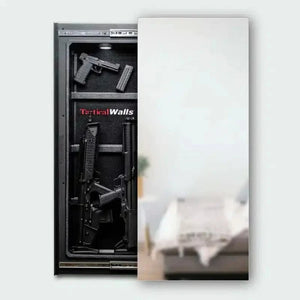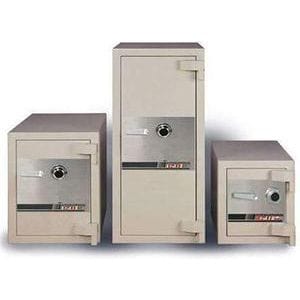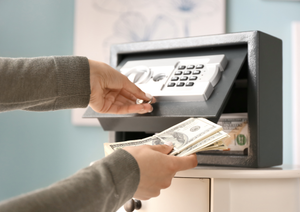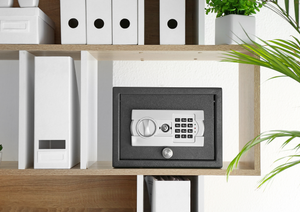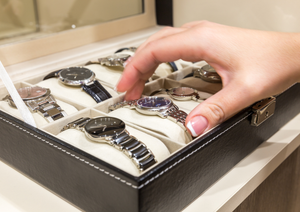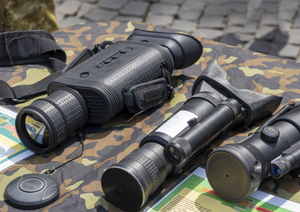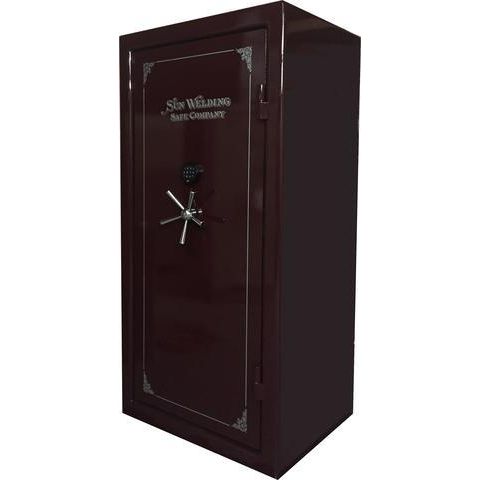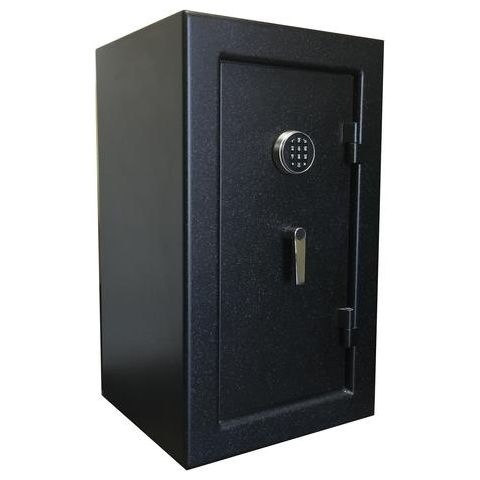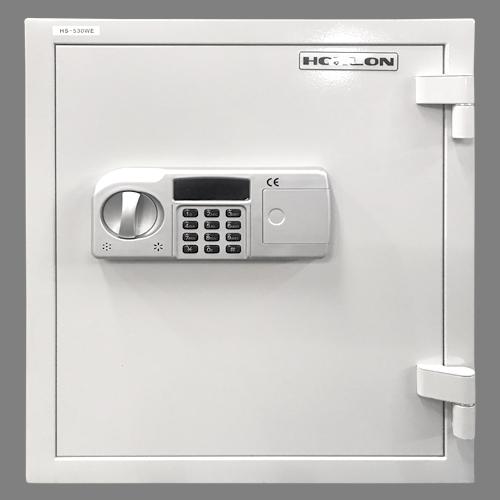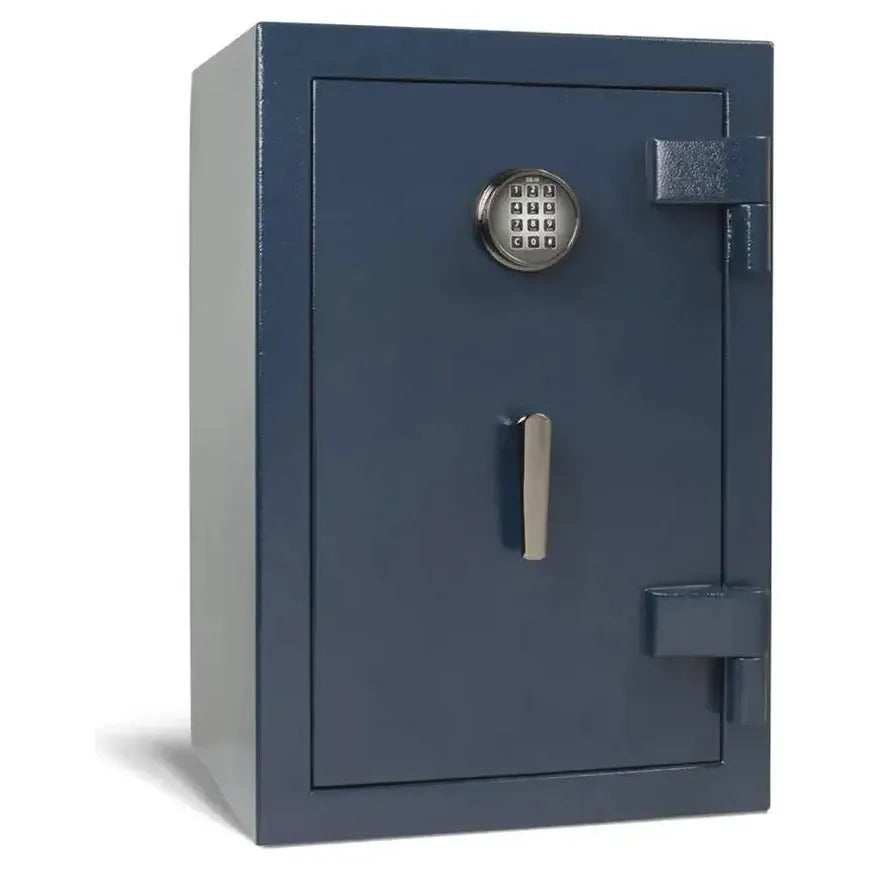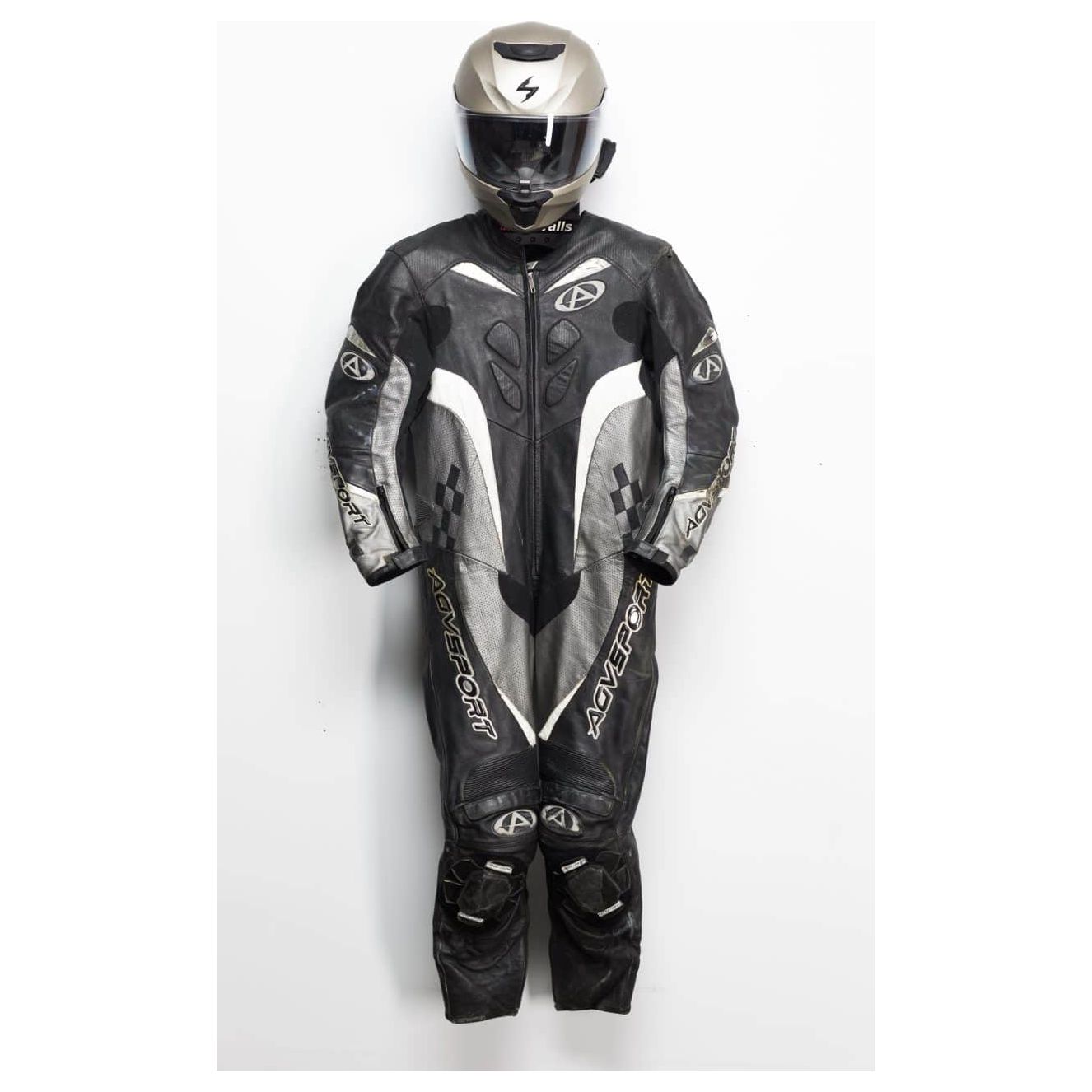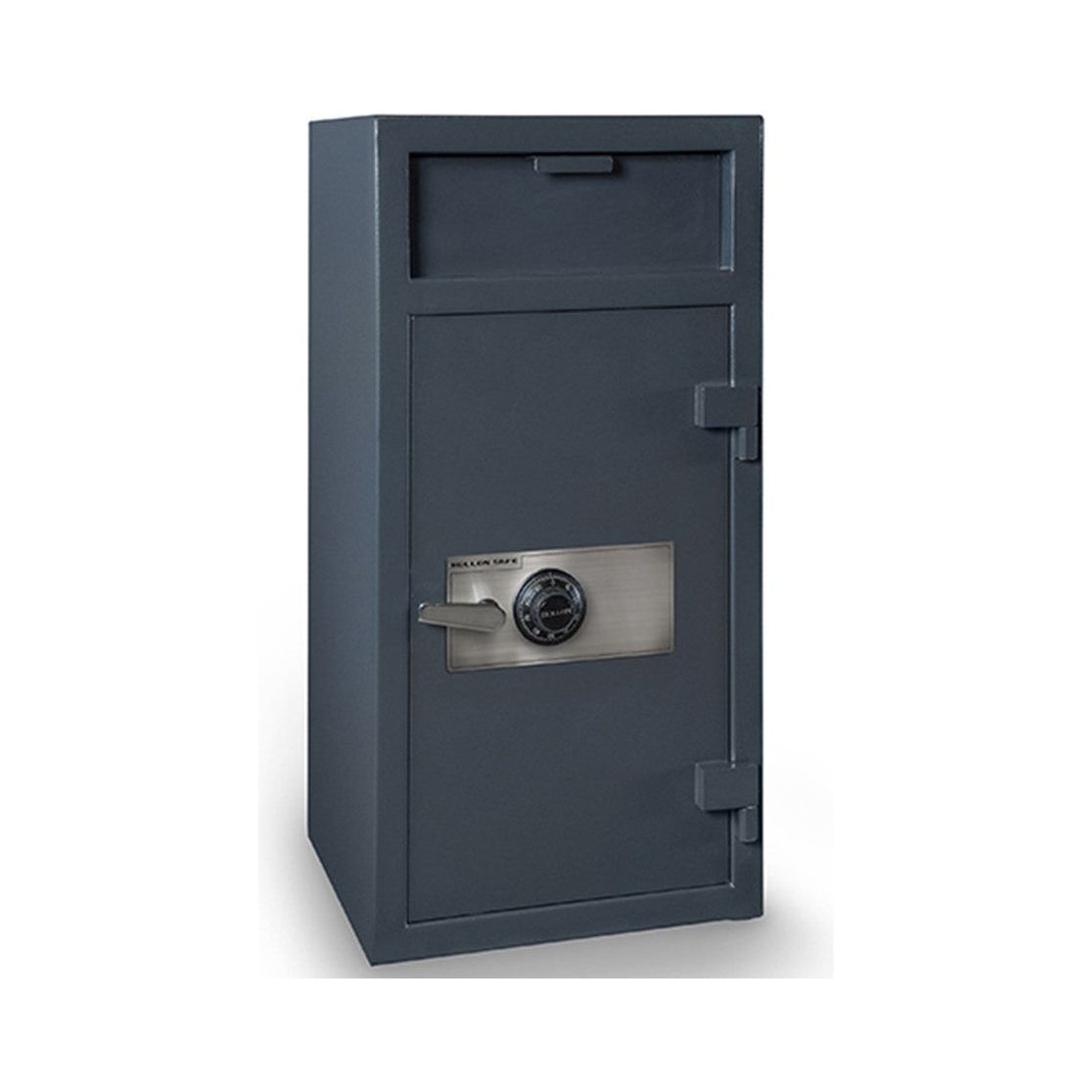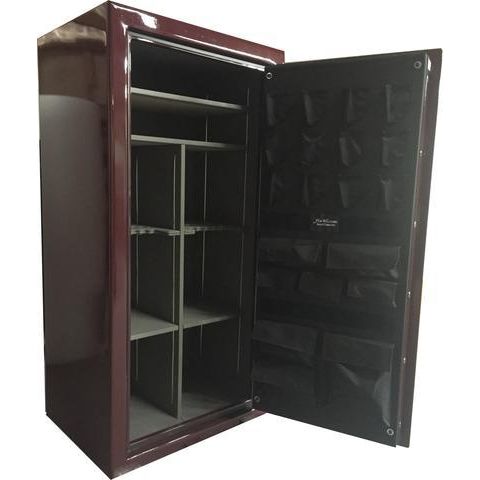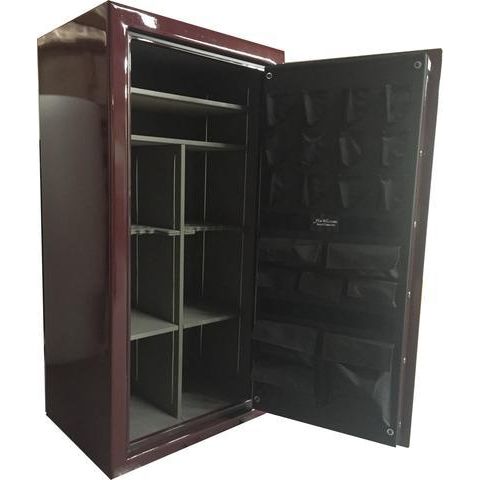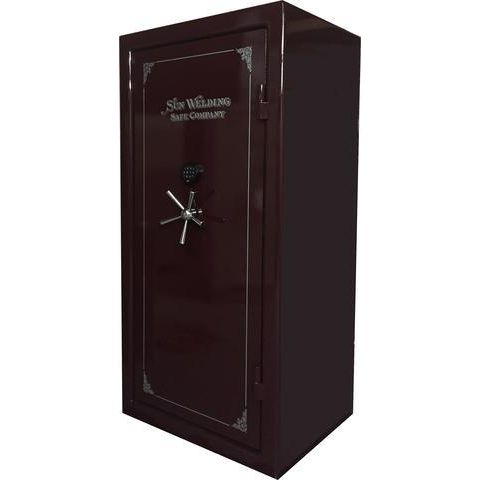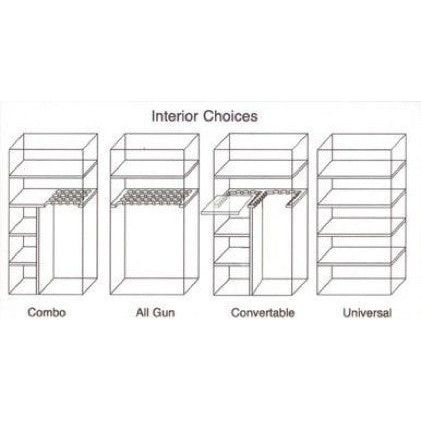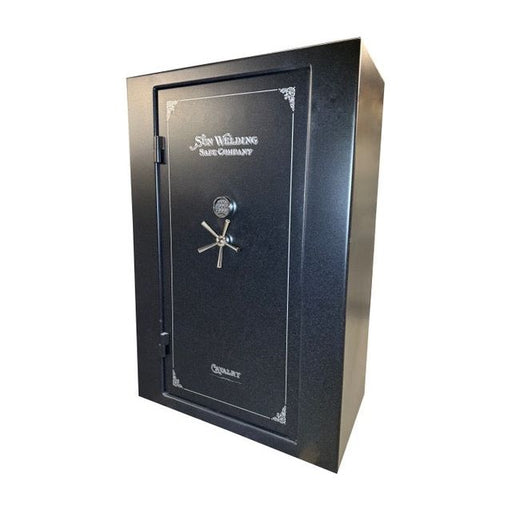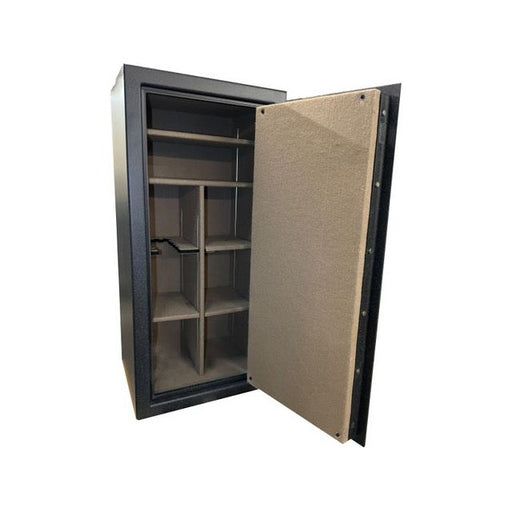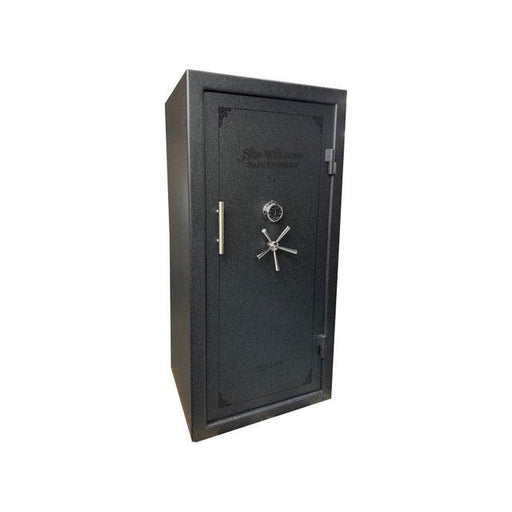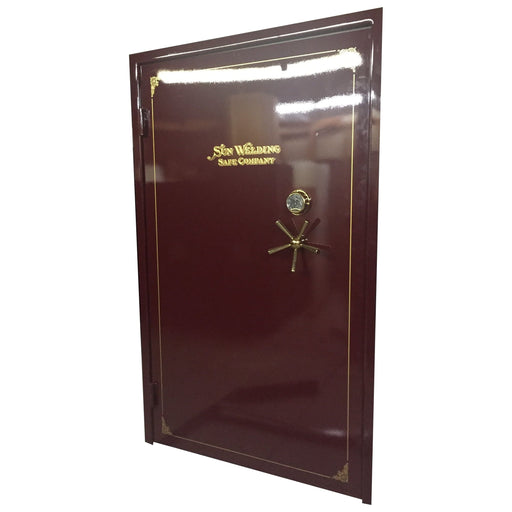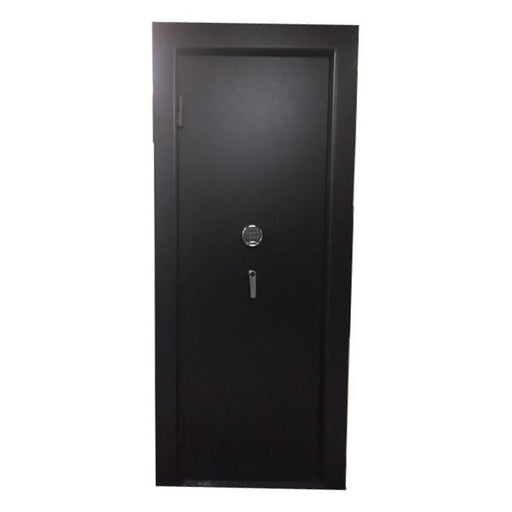In a world where security is a top priority, the choice of safe can make a significant difference in safeguarding your valuables. As homeowners and business owners alike seek the best protection, the debate has arisen: Digital vs. Traditional safes — which is better? Understanding their differences is essential for making an informed decision, especially when considering the best fireproof safes to protect essential documents and valuables.
Understanding Traditional Safes
Traditional safes have been around for decades, renowned for their reliability and simplicity. Typically, these safes use a mechanical combination lock or key lock to secure contents. Here are some key characteristics of traditional safes:
-
Mechanical Security: Traditional safes operate on entirely mechanical principles, offering a sense of trust for those who appreciate straightforward functionality.
-
Durability: Made from thick steel and other robust materials, they generally offer high protection against break-ins and fire damage.
-
Cost-Effective: Without the complexity of digital features, traditional safes often come at a lower price point.
The Benefits of Traditional Safes
Opting for a traditional safe presents several advantages:
-
Reliability: Mechanical locks don't rely on batteries, meaning you’ll never be caught without power.
-
Ease of Use: Many users find that they prefer the tactile feel of a physical key or dial, and some people trust these mechanisms more.
-
Fewer Technical Issues: With no electronic components, there's very little that can go wrong with mechanical locks, making them low-maintenance.
Diving Into Digital Safes
On the other hand, digital safes represent a modern approach to security. They typically feature electronic locks, which can be accessed using passwords, biometric scanners, or key fobs. Here are some important aspects of digital safes:
-
Access Control: Digital locks allow for quick, easy access. Forgetting a combination or losing a key isn't a concern as it's possible to reset passwords.
-
Advanced Features: Many digital safes offer additional security options such as alarms, backup keys, and smart technology integration.
-
Flexibility: They're often lighter and easier to move than traditional safes due to the design, which permits versatility in placement.
The Advantages of Digital Safes
The modernity of digital safes allows for certain perks that traditional models might lack:
-
Instant Access: Digital safes allow for quick access in emergencies, a crucial factor during a stressful situation.
-
Customization: With many models, you can customize user codes. You can easily change these codes when lending access to others.
-
Additional Security Features: Many come with secondary security features that can thwart unauthorized access, such as time delays, lockout modes, and alerts.
Fireproof Safes: A Vital Consideration
When it comes to securing valuables, especially important documents, considering fireproof safes is critical. Both digital and traditional safes can come with fireproof certifications. Here’s what to contemplate:
Fire Protection Ratings
The fire protection rating is crucial because it indicates how long valuables can withstand fire exposure.
-
UL Ratings: Look for safes that have been tested by Underwriters Laboratories, which provides time ratings for different fire conditions.
-
Insulation Quality: The thickness of walls and the type of insulation material can affect overall protection against fire with each safe.
Choosing the Right Safe
Whether you opt for a digital or traditional model, ensure that you assess the fire resistance of each safe. Some digital safes offer the same level of fire resistance as traditional ones, but this is not universally true across all models.
Evaluating Your Needs
When deciding between a digital or traditional safe, it's essential to evaluate your unique needs. Here are some factors to consider:
Security Requirements
Assess the security level appropriate for your home or business. If your environment demands tight security against burglaries, traditional safes may stand the test better. Conversely, if quick access is paramount, a digital safe might be the better option.
The Nature of Your Valuables
Consider the items you want to protect. If you're safeguarding critical documents that could be devastated by fire, opt for the best fireproof safes available, ensuring they meet the necessary fire resistance ratings.
Location and Space
Your available space can influence the choice of safe. Traditional safes typically require more space and can also weigh significantly more, making them less ideal for small apartments or homes.
Cost Considerations
Pricing can vary considerably between digital and traditional safes. On average, traditional safes tend to be more affordable due to their simplistic mechanisms. Digital safes, on the other hand, encompass a wider pricing range influenced by added features and technology.
Long-Term Investment
Consider not just the initial investment but also the long-term benefits. Even if a digital safe might have a higher upfront cost, features like quick access and additional security measures might provide peace of mind worth the expense.
Seeking Expert Advice
When in doubt, don't hesitate to seek advice from security professionals. Experts can provide insights tailored to your specific needs, ensuring you choose the best safe to secure your valuables efficiently.
Your Next Step Towards Security
The decision between digital vs. traditional safes ultimately hinges on personal preference and specific requirements. No matter which option you choose, ensuring that your safe is fireproof can bolster your security plan significantly. Invest in the best fireproof safes available, as they can safeguard your cherished belongings and vital documents. Take the time to compare features and ratings before making your final decision, and elevate your security game today!


